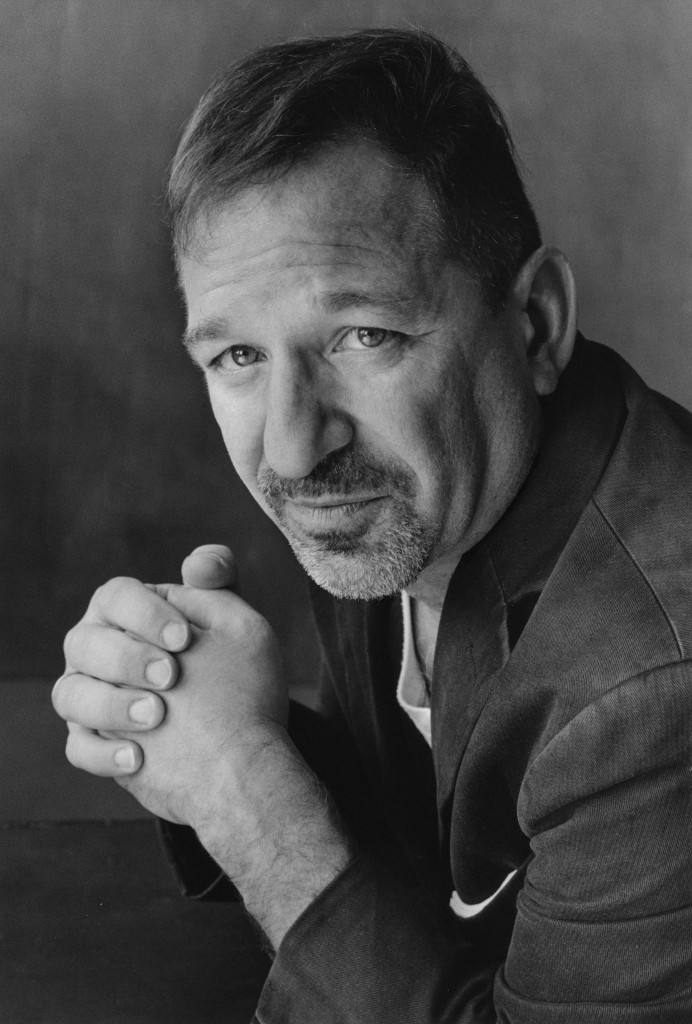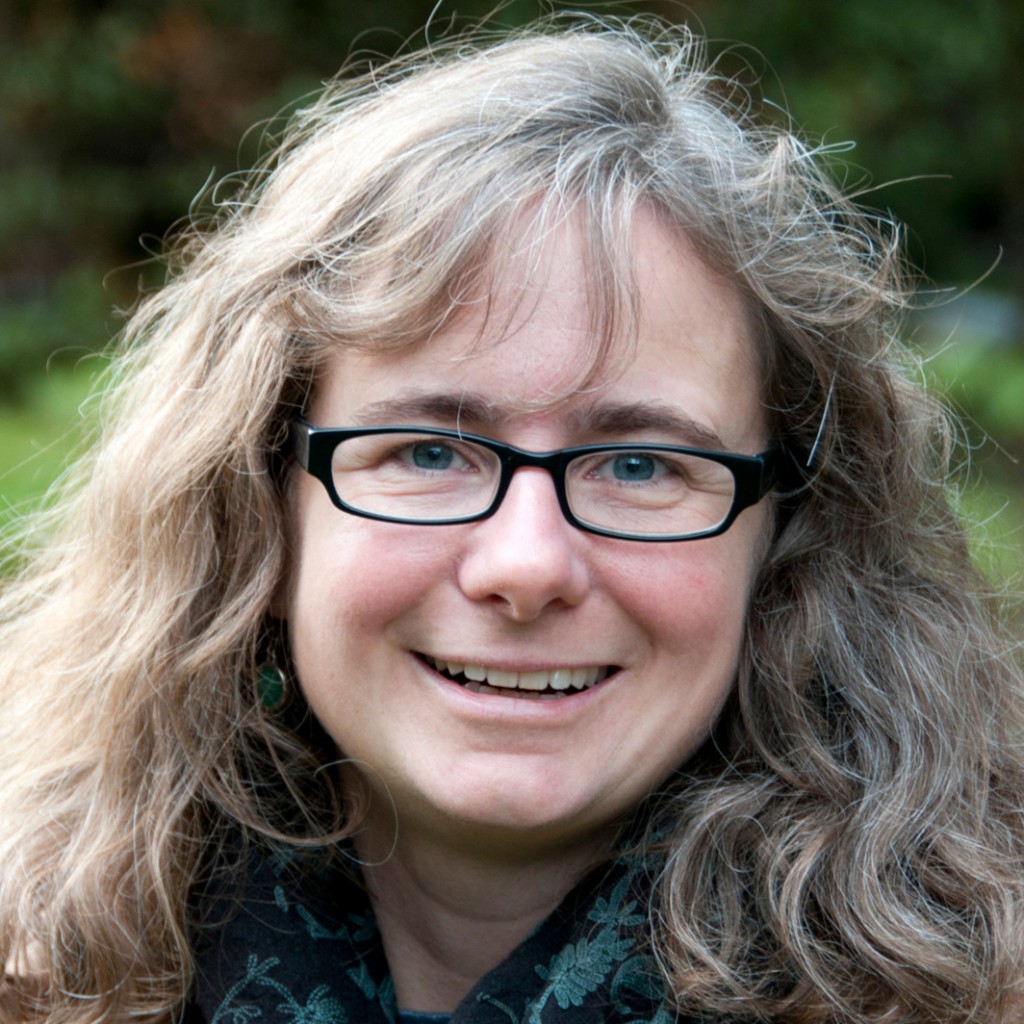Page 34 • (639 results in 0.04 seconds)
-
Facing History 101: A Workshop for Educators (preregistration required) 4:00 p.m. - 5:30 p.m. Designed and led by Fran Sterling, Senior Research and Development Associate for Facing History and
courageous and intricate work of Eleanor and Gilbert Kraus, an American couple whose commitment to saving Jewish children led them to make a dangerous trip to the heart of Nazi Germany in 1939. Convener: Kirsten Christensen, Associate Professor of German Language & Literature Karen Hille Phillips Center for the Performing Arts Post-film Discussion with Steven Pressman, director/producer/writer 8:15 p.m. Thursday, March 5 Registration and Coffee 9:00 a.m. Anderson University Center (AUC) Lobby Rescuing
-
Facing History 101: A Workshop for Educators (preregistration required) 4:00 p.m. - 5:30 p.m. Designed and led by Fran Sterling, Senior Research and Development Associate for Facing History and
courageous and intricate work of Eleanor and Gilbert Kraus, an American couple whose commitment to saving Jewish children led them to make a dangerous trip to the heart of Nazi Germany in 1939. Convener: Kirsten Christensen, Associate Professor of German Language & Literature Karen Hille Phillips Center for the Performing Arts Post-film Discussion with Steven Pressman, director/producer/writer 8:15 p.m. Thursday, March 5 Registration and Coffee 9:00 a.m. Anderson University Center (AUC) Lobby Rescuing
-
Facing History 101: A Workshop for Educators (preregistration required) 4:00 p.m. - 5:30 p.m. Designed and led by Fran Sterling, Senior Research and Development Associate for Facing History and
courageous and intricate work of Eleanor and Gilbert Kraus, an American couple whose commitment to saving Jewish children led them to make a dangerous trip to the heart of Nazi Germany in 1939. Convener: Kirsten Christensen, Associate Professor of German Language & Literature Karen Hille Phillips Center for the Performing Arts Post-film Discussion with Steven Pressman, director/producer/writer 8:15 p.m. Thursday, March 5 Registration and Coffee 9:00 a.m. Anderson University Center (AUC) Lobby Rescuing
-

In April 2023, PLU religion professor Brenda Llewellyn Ihssen , Ph.D., attended the Natural History Museum Late Night with PLU students at the University of Oxford. At Late Night events, the Museum of Natural History and Pitt Rivers Museum host tours and various evening activities offered…
contribution relies on decades of experience in intersections of religion, disability, health, and healing. An associate professor of early and medieval Christian history at PLU, Llewellyn Ihssen is the program director of IHON-Oxford. Llewellyn Ihssen uses critical disability theory in her work on ancient, late antique, and medieval religious texts. After earning an undergraduate degree in English literature and secondary education, Llewellyn Ihssen worked in special-education classrooms. Yearning to
-
Major in Earth Science 34 semester hours in the following earth science courses, plus 4 semester hours in supporting courses The bachelor of arts degree is the minimum preparation for the field and
(from two different departments) from the following: ENGL 234: Environmental Literature (4) ENGL 394: Studies in Literature and the Environment (4) PHIL 226: Environmental Ethics (4) PHIL 327: Environmental Philosophy (4) RELI 236: Native American Religious Traditions (4) RELI 257: Christian Theology (4) (when topic is “Green Theology” only) Environmental Justice 4 semester hours These courses examine intersections between environmental degradation and structural discrimination and how Indigenous
-

The Innovation Studies program is excited to welcome Professor Junichi Tsuneoka as incoming director of the Innovation Studies minor. Professor Tsuneoka teaches design theory and practice in the Department of Communication, Media, and Design Arts at PLU. His professional work includes design projects for Nike,…
design work and process. You can reach Professor Tsuneoka at jtsuneoka@plu.edu. Research and Teaching Interests Prof. Halvorson: Where did you attend college? Can you share a few research or professional interests with us? Prof. Tsuneoka: I graduated from Waseda University in Tokyo with an English Literature degree, and then I came to Seattle to study graphic design. I graduated from Cornish College of the Arts (Seattle) in 2002. Since then, I have done a lot of design work for corporate advertising
-
Dr. Carmiña Palerm, Seminar in Hispanic Studies May 26th (4:00-7:15pm) and May 28th (4:00-6:40pm) Hispanic Studies 499 is the culminating course for the Hispanic Studies major.
Hispanic Studies Capstone Presentations Spring 2021 Dr. Carmiña Palerm, Seminar in Hispanic Studies May 26th (4:00-7:15pm) and May 28th (4:00-6:40pm) Hispanic Studies 499 is the culminating course for the Hispanic Studies major. In this course, students develop and write a substantial, original research project, in accordance with their own interests in the Spanish speaking world, and in dialogue with some of the critics who have shaped how literature, film and culture are studied in
-

The Innovation Studies program is excited to welcome Professor Junichi Tsuneoka as incoming director of the Innovation Studies minor. Professor Tsuneoka teaches design theory and practice in the Department of Communication, Media, and Design Arts at PLU. His professional work includes design projects for Nike,…
and process. You can reach Professor Tsuneoka at jtsuneoka@plu.edu. Research and Teaching Interests Prof. Halvorson: Where did you attend college? Can you share a few research or professional interests with us? Prof. Tsuneoka: I graduated from Waseda University in Tokyo with an English Literature degree, and then I came to Seattle to study graphic design. I graduated from Cornish College of the Arts (Seattle) in 2002. Since then, I have done a lot of design work for corporate advertising clients
-

Poetry | MFA in Creative Writing - Low Residency | David Biespiel is a contributing writer at The Rumpus, Partisan, American Poetry Review, Politico, New Republic, Slate, Poetry, and The New York Times, among other publications. He is the author of numerous books of poetry, most recently Charming Gardeners and The Book of Men and Women, which was chosen one of the Best Books of the Year by the Poetry Foundation and received the Stafford/Hall Award for Poetry. His books of essays include A Long High Whistle: Selected Columns on Poetry and a book on creativity, Every Writer Has a Thousand Faces. He is a member of the board of directors of the National Book Critics Circle. Recipient of Lannan, National Endowment for the Arts, and Stegner fellowships, he has taught at Stanford University, University of Maryland, George Washington University, Portland State University, and Wake Forest University, in addition to other colleges and universities. He is a longtime faculty member in the School of Writing, Literature, and Film at Oregon State University and is the founder of the Attic Institute of Arts and Letters in Portland. Mentor.
faculty member in the School of Writing, Literature, and Film at Oregon State University and is the founder of the Attic Institute of Arts and Letters in Portland. Mentor. Workshops and classes in poetry. Statement: “Every society we’ve ever known has had poetry, and should the day come that poetry suddenly disappears in the morning, someone, somewhere, will reinvent it by evening. Since ancient times, as long as we’ve had language, poetry has ritualized human life. It has dramatized and informed us
-

Nonfiction | MFA in Creative Writing - Low Residency | Wendy Call (she/her) is the co-editor of the craft anthology Telling True Stories: A Nonfiction Writers’ Guide (Penguin, 2007) and the new annual Best Literary Translations (Deep Vellum, 2024).
simply helping people discover what they already knew. I finally came to understand that’s what teaching creative writing is. My job as a writing mentor is to bring the toolbox, both literal and metaphorical. It might include kitchen utensils, glue stick and scissors, postcards, advertisements, original works of art, bottled scents, raw vegetables, or items from a recycle bin or thrift shop. It includes world literature, direct engagement with working writers, and concepts borrowed from linguistics
Do you have any feedback for us? If so, feel free to use our Feedback Form.


